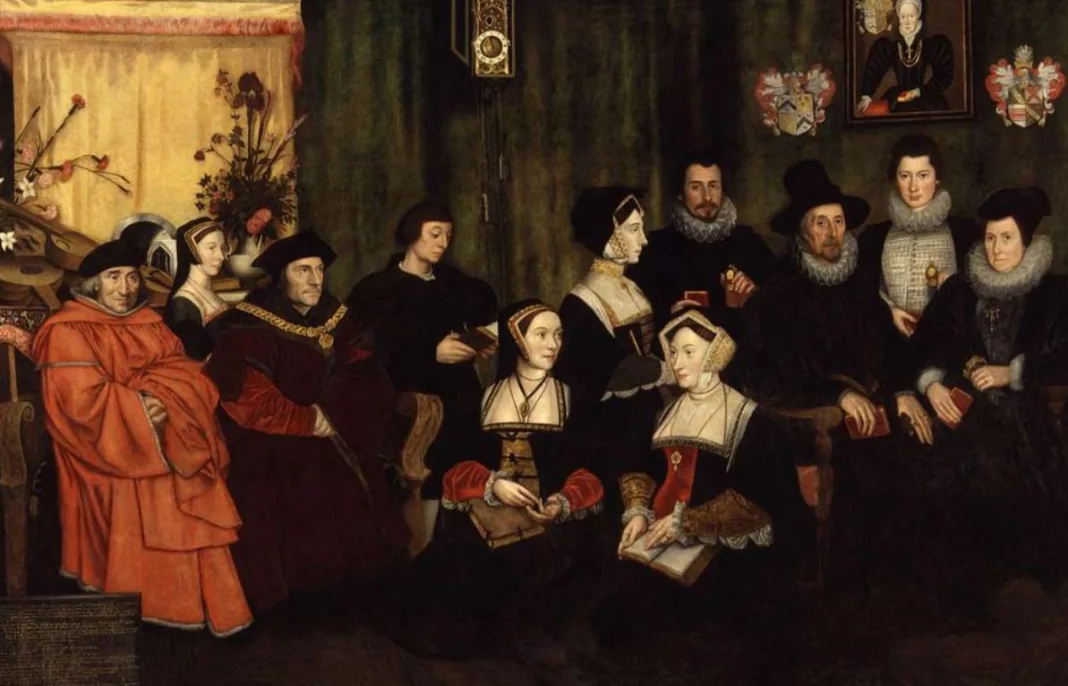I’d be surprised if Dominic Cummings was the star appearance from the Oxford Union you were expecting this term. Because, from where I’m standing, it felt like the announcement of his visit came as an unhappy revelation for many of us. The fact hat a man whose only real ‘achievement’ – Brexit (a tough sell) – was overshadowed by a mid-lockdown trip to Durham and a poor dress sense is the Union’s USP for people who shelled out to join it, is majorly disappointing. Yet such an invitation is not in isolation. Rather, it is indicative of a larger trend in society, in which the boundaries between politicians or celebrities and controversialists have been blurred.
Ideally, being a celebrity should be a status conferred on someone by society in recognition of their achievements as a role model. In reality, it is not the moral credentials of an individual that get them plaudits in real life and likes on social media – it is the attention they can attract. Given the Union’s fame and notoriety amongst many students, it’s unsurprising that they should seek out such figures. Yet it points to a worrying trend that continues to be intensified in modern society, where through the combination of rhetoric and the internet, and rhetoric on the internet, people are increasingly exposed to speech which puts sensation over substance. Politics is more and more often dominated by politicians whose controversial opinions obscure any claim to substance or rigour and it is to society’s detriment that those voices drown out those of caution and moderation.
While it seems that modern culture is dominated by those who speak too much, we musn’t forget the true power of speech, politically or otherwise. For the torchbearers of the Renaissance, oratory was central to the promotion of virtue within the state, which was the most worthy and noble end of political engagement. The vision of humanists such as Thomas More was that the power of speech was to promote a universal code of values, which were applicable in any circumstance. In modern politics, speech increasingly no longer stands to promote a common morality, but rather as the cornerstone of extreme partisanship. In our age, a celebrity can beat a career politician at their own game. Trump’s 2016 victory was not the first time a celebrity president was elected, but with mass-media conspiracy theorising instead of Reagan’s folksy charm, it certainly felt different.
The dangerous effects of political articulation are not new: Hitler would not have been nearly as effective without his propagandist-in-chief, Joseph Goebbels. And Shakespeare similarly emphasises the power of speech to cause mutiny in his Roman tragedy Coriolanus. Yet in the modern age, there is a critical new dimension that dangerously intensifies that power: the internet and social media. And how could they not? When outrage is the most valuable currency on X (Twitter), it is not the learned, moderate politician who gets coverage, but the demagogue and the rabble-rouser. This idea that ‘he who speaks loudest wins’ is key to understanding the difficulty in achieving a bipartisan border deal in the United States. For, if there were a lasting solution on the Mexican border, that would be one less polemical issue for Republican lawmakers to raise hell over in the House and Senate.
It seems a sad indictment that sensational, polemical speakers are in higher demand than more subdued and moderate voices. But in truth, the Union should not be condemned too harshly for following that trend. It hardly needs mentioning that highly divisive figures such as Ben Shapiro and Katie Hopkins will attract attention, from both followers and haters, whose ability to draw crowds only benefits the Union, and gives it a tangible (if shallow) sense of relevance. The invitation of Dominic Cummings feels particularly relevant. Not only has he achieved notoriety for his Barnard Caste jaunt, but it was also he who famously created the Brexit slogan ‘Take Back Control’ in 2016.
From a linguistic perspective, this is genius marketing. But it’s not as if political slogans are anything new. We only have to look to the pleasantly innocuous “I like Ike” from Eisenhower’s 1952 campaign to realise their timelessness. Yet in conjunction with the relentless Facebook Leave campaign in the lead-up to the referendum, it symbolised a new era in which the internet has given greater influence to, more often than not, partisan political positions. An era in which false claims (including those propagated by the ‘Yes’ campaign) disseminated much faster than claims seeking moderation and balance. An era in which the ‘keyboard-warrior’ could have as much impact as the career-politician talking at a rally.
Ultimately it means that overwhelmingly in both politics and the ‘culture war’, people can gain mass attention simply by stating something controversial. And, unfortunately, this phenomenon gives rise to non-serious and jokey (though not very funny) politicians and public figures. But I suppose at a point in history of decreasing attention spans and increasing polarisation, this shouldn’t be surprising. The Union’s position in Oxford as a place for discussion is positive for students, but this must be reconciled with a new kind of speaker – far from the classical or Renaissance ideal – for whom there’s no such thing as bad publicity.


